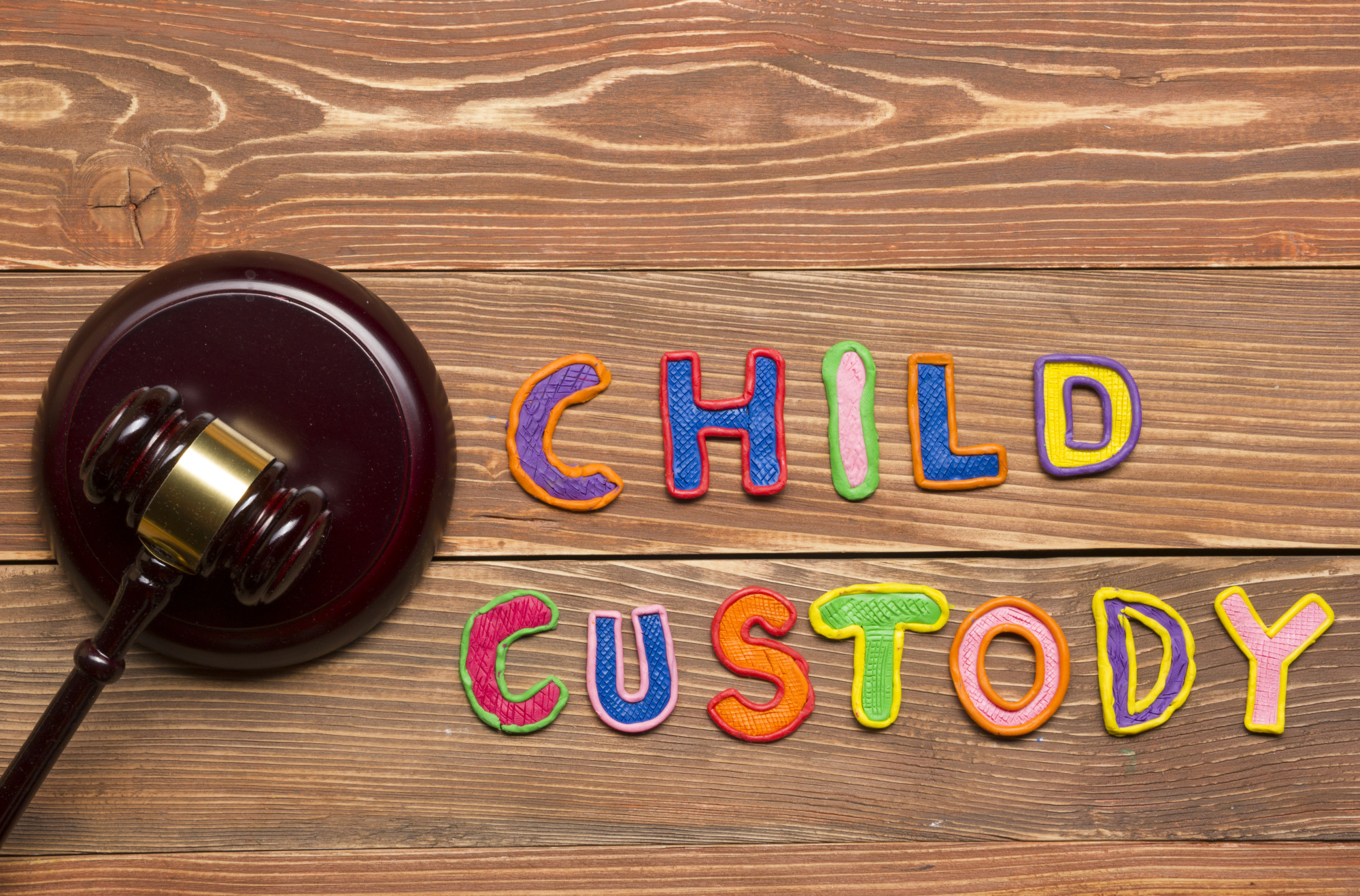In many child custody cases, both parents believe that the mother should have custody of the kids. However, parents don’t always agree and a judge must sometimes step in and decide on custody. The question is, what do judges look for in child custody cases?
Read on to learn more about child custody cases.
What Is Child Custody?
Child custody is a term that refers to the rights and responsibilities of a parent (or parents) for taking care of their children. When people separate, sometimes one parent has custody, which means they are legally responsible for the children’s wellbeing. In other cases, parents work out an agreement to share custody.
What Do Judges Look for in Child Custody Cases?
Every case is different, and judges take great care to ensure that the decision is in the child’s best interest. Many judges favor shared custody, where both parents have custody of the kids.
It doesn’t always work out that way, though. Here are a few things judges look for during a child custody case.
How Old Is the Child?
There aren’t any hard and fast rules judges go by when determining age-appropriate placement. It depends on what’s in the best interests of the child at the time of the hearing.
For example, children ages 0-2 generally do better when both parents are involved. As children age, their need for both parents in their lives diminishes. By 12 and up, children are forming their own identities and are less reliant on their parents.
The Children’s Needs
The children’s needs and each parent’s ability to meet those needs are also given heavy consideration. For example, a parent with a job that has them out of town frequently may have more trouble meeting their child’s emotional needs than one who is around more often.
Income is also taken into consideration. A parent without adequate income is less likely to get custody of their child than a more affluent parent.
Parent-Child Relationships
Judges are responsible for evaluating the quality of the relationships between children and their parents. When a child is attached to one parent to such a degree that separation would cause emotional damage, the judge may decide on a disproportionate custody arrangement.
When a child is older and able to express a preference for one parent over another, can also sway the judge in one direction or another.
Location of Siblings
If possible, courts try their best to keep siblings together. Much of the time, parents don’t try to separate siblings. However, in some cases, the courts will step in and separate them if it’s in the best interests of the children.
The preference of the child, as well as their relationship with their siblings, are also taken into consideration.
Do You Need a Child Custody Lawyer?
Hopefully, this short child custody guide has helped answer the question “what do judges look for in child custody cases.” All cases are different, but the judges are usually chiefly concerned with what’s best for the child.
If you’d like to learn more about child custody cases, contact us today.











